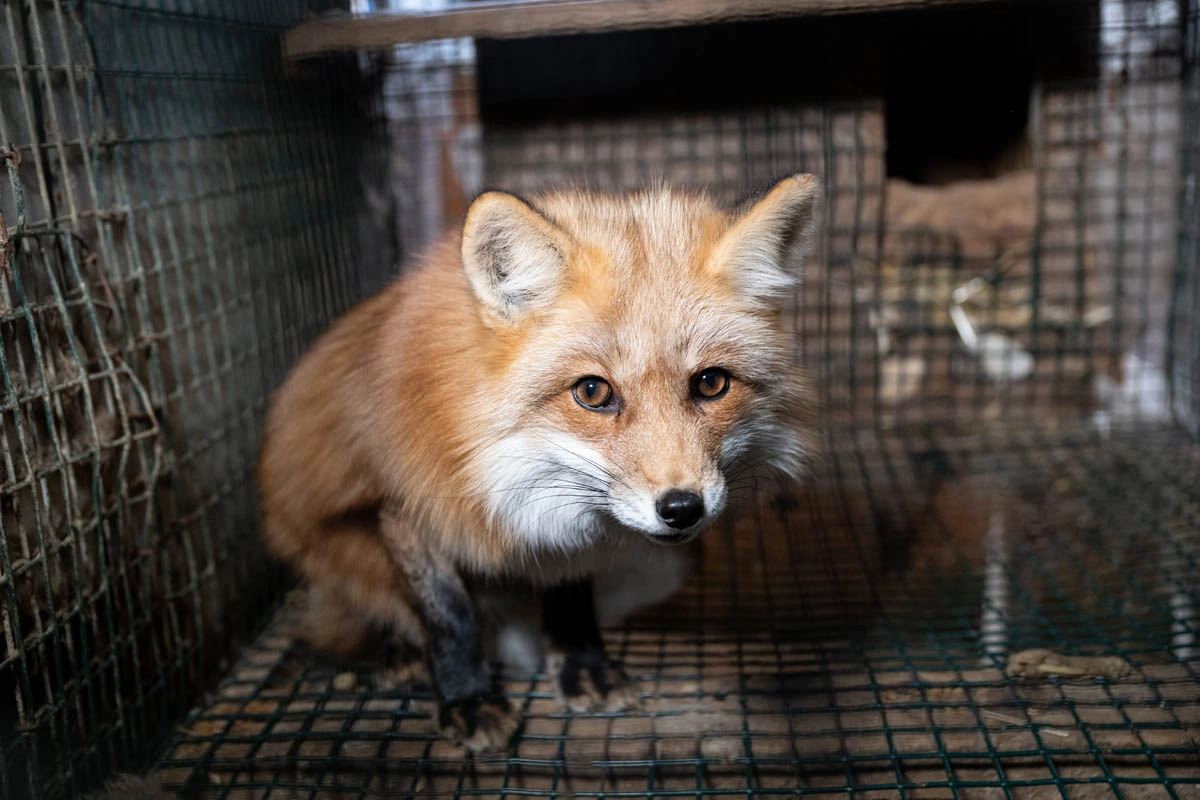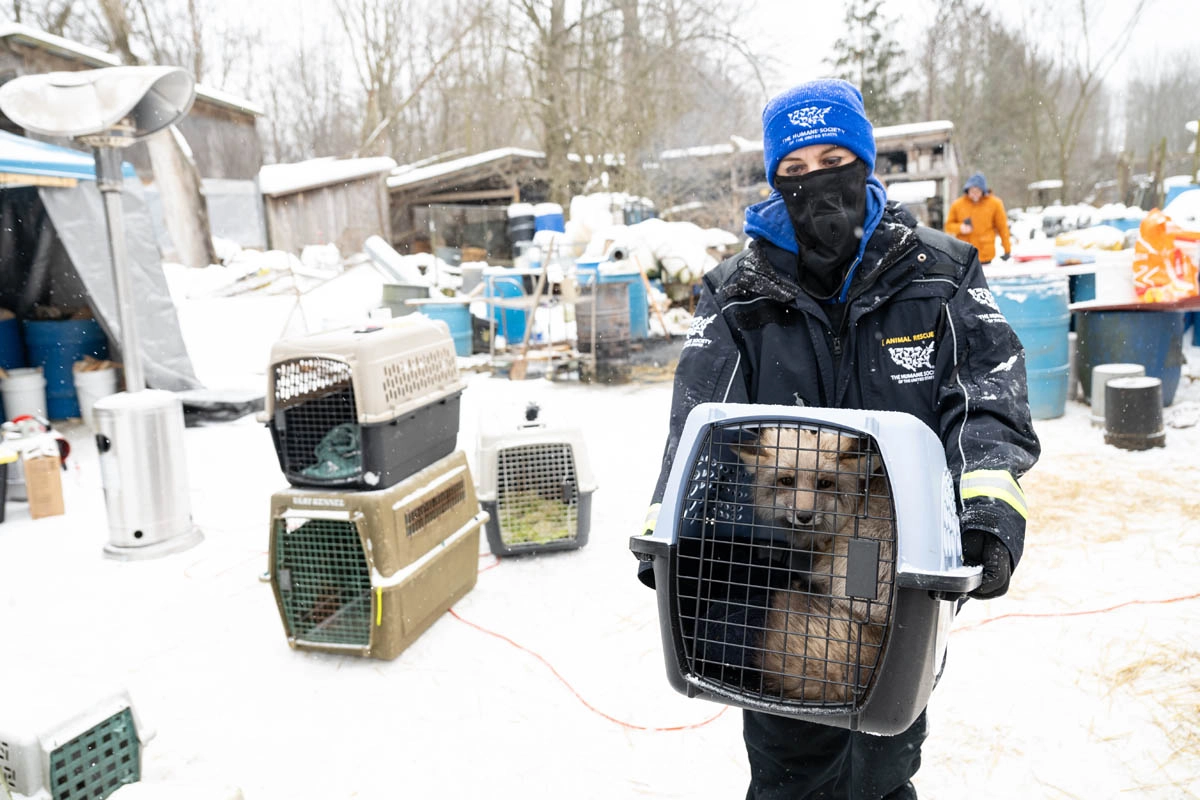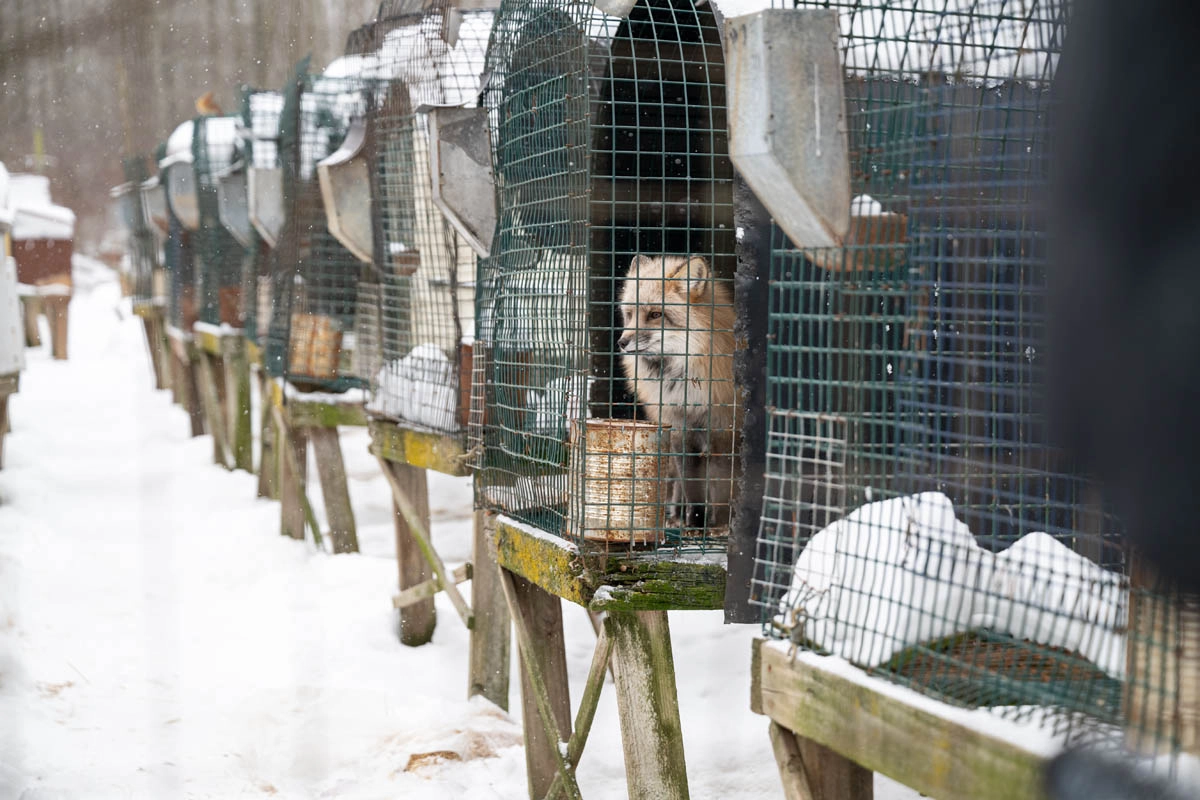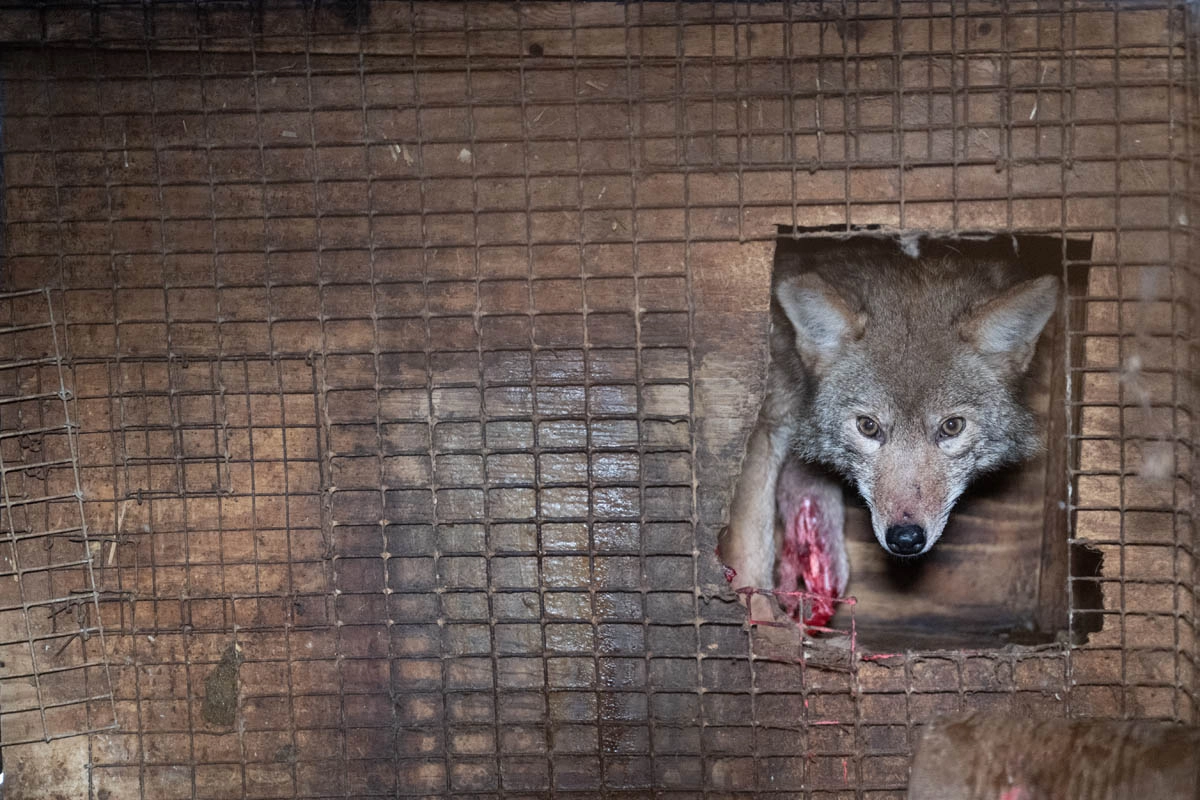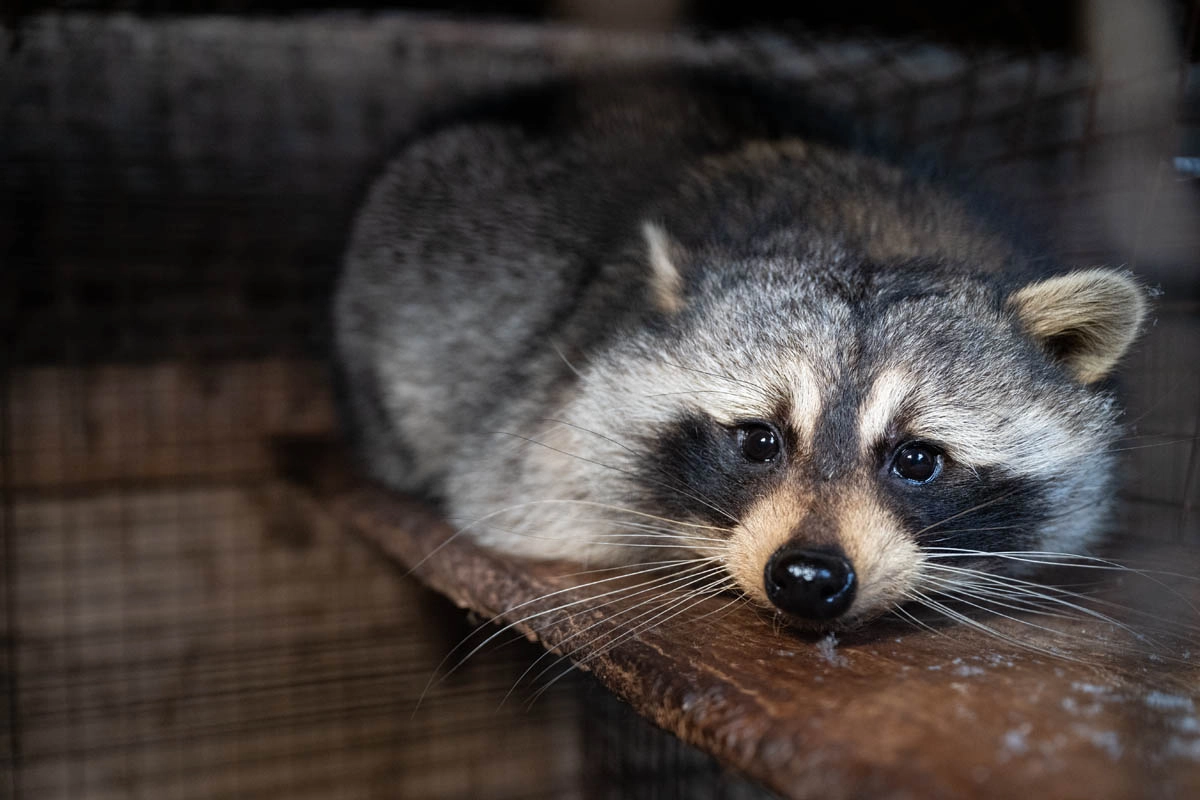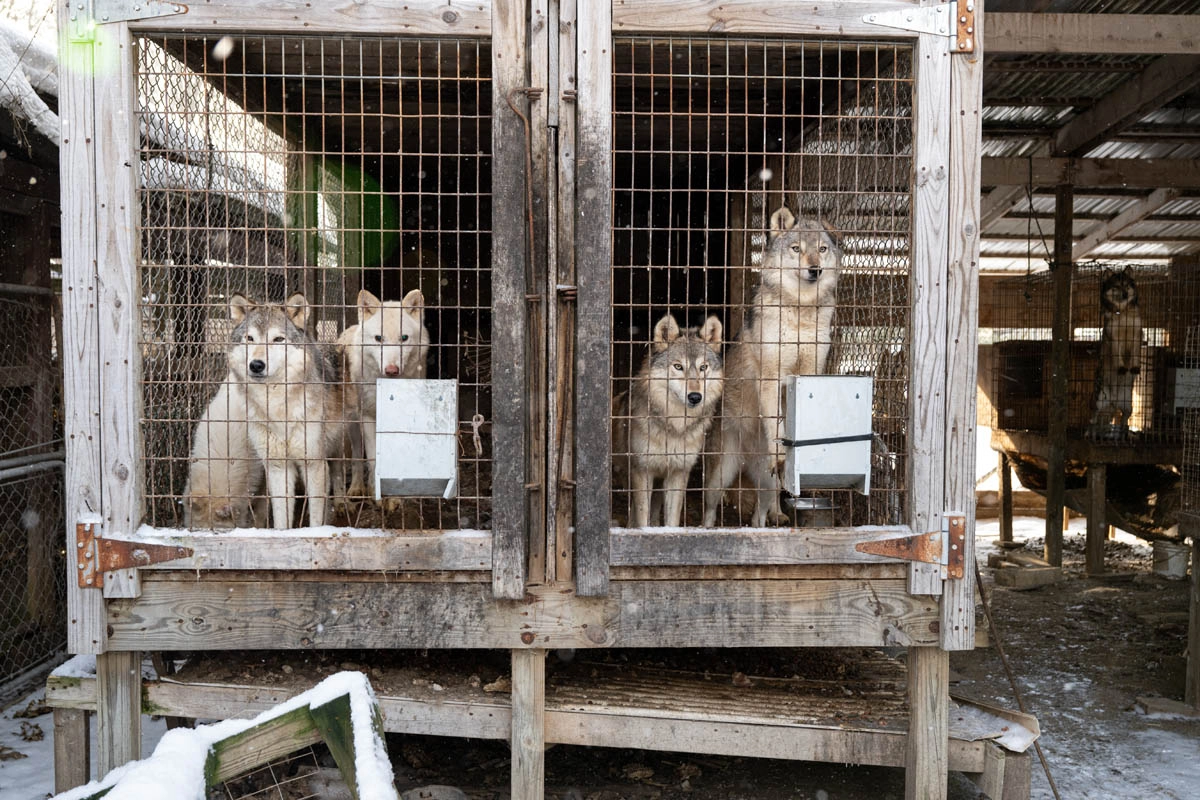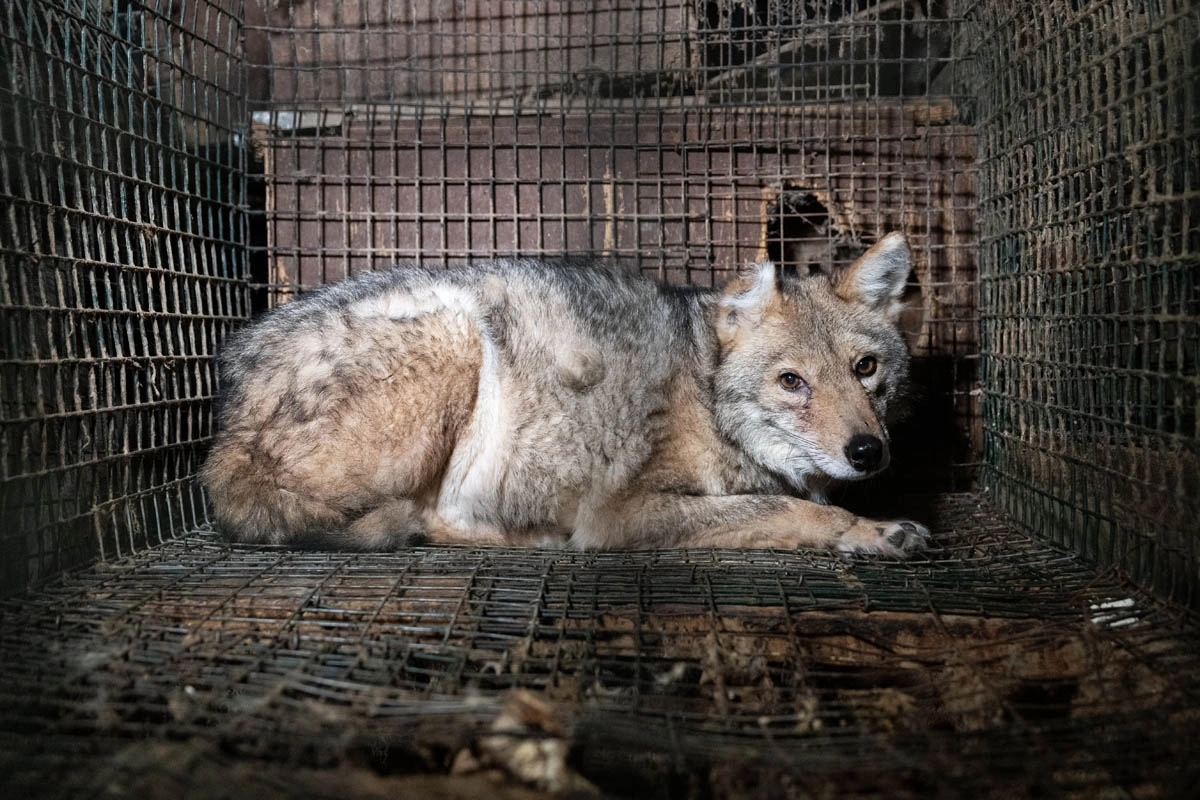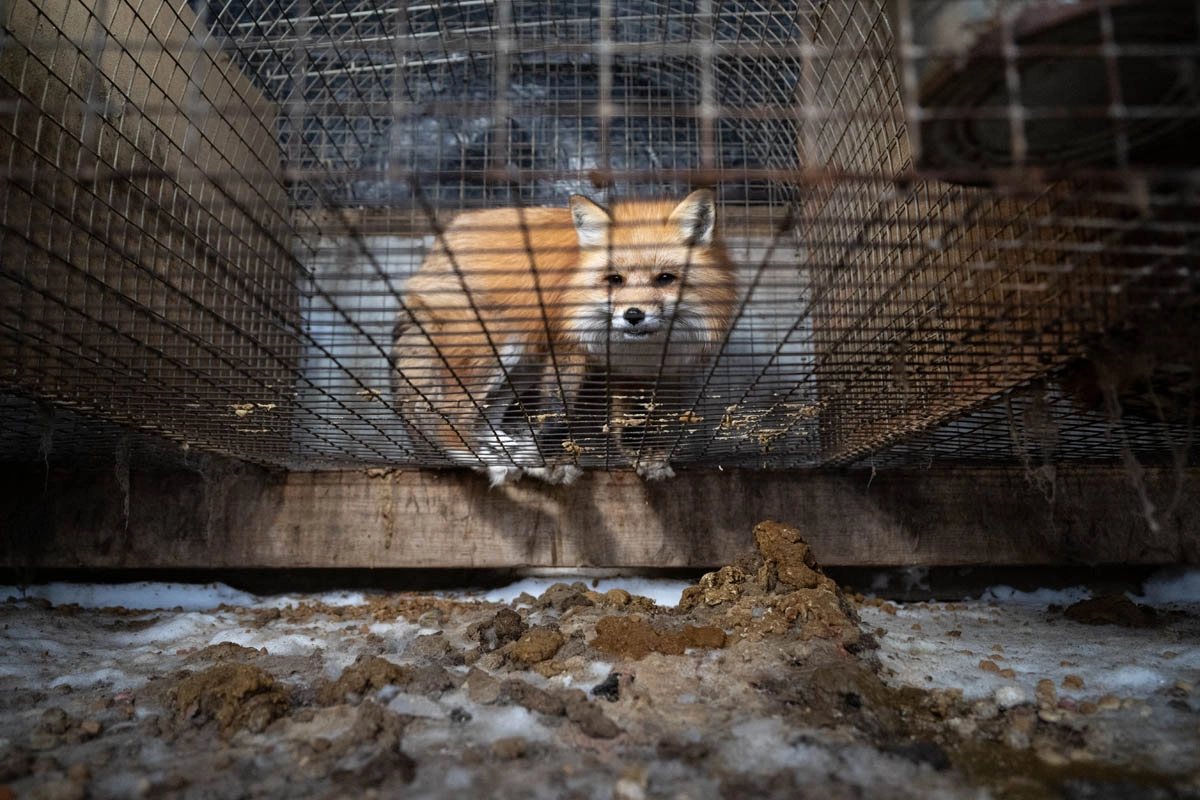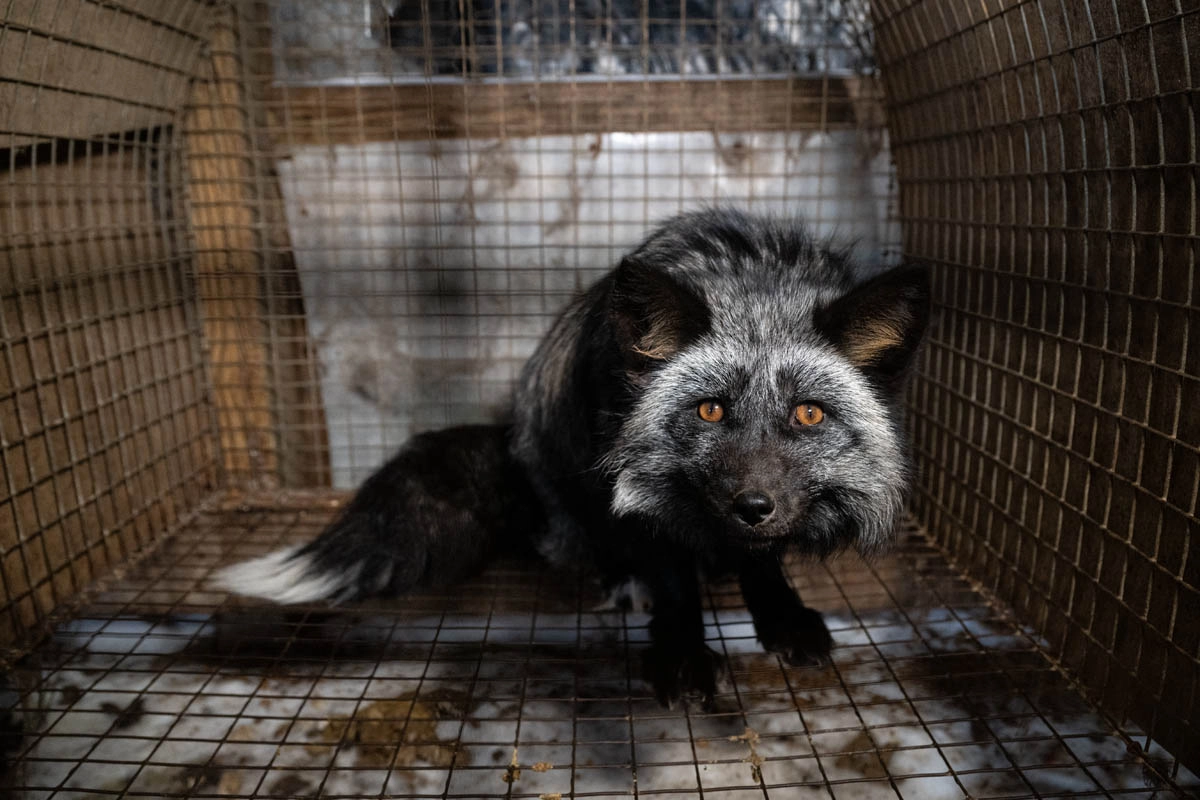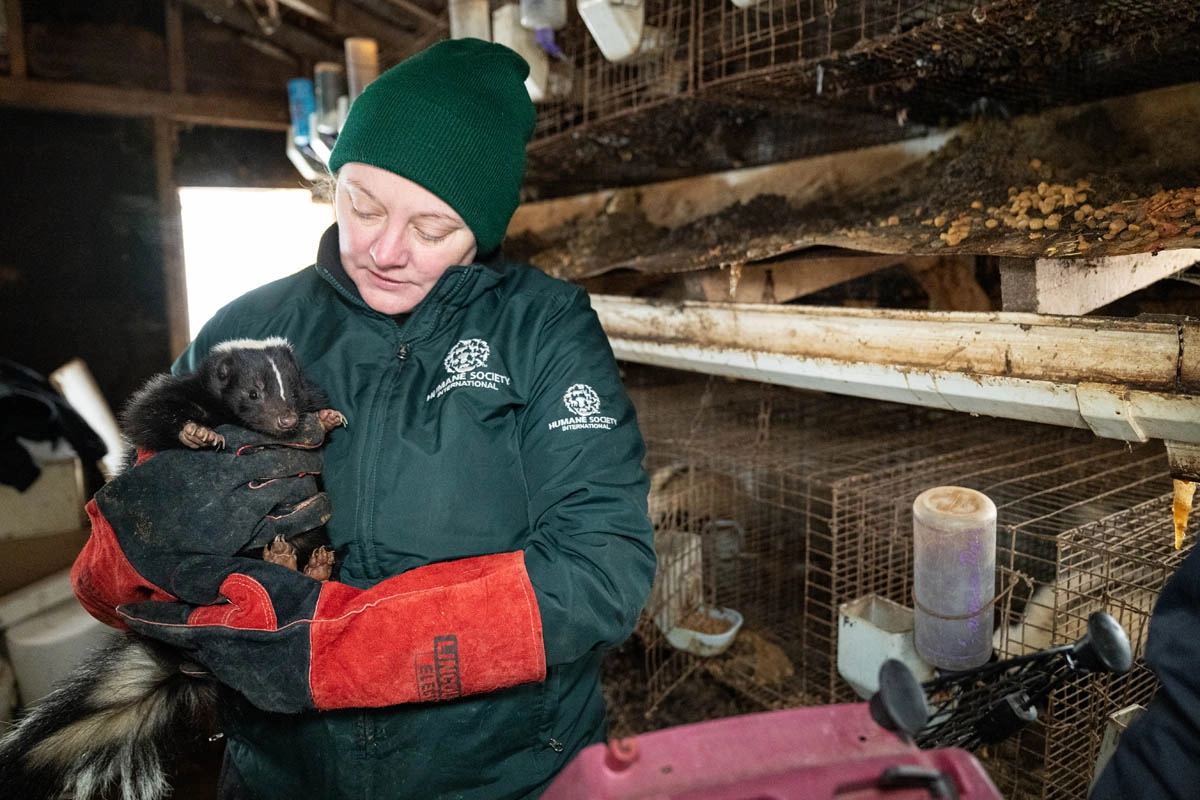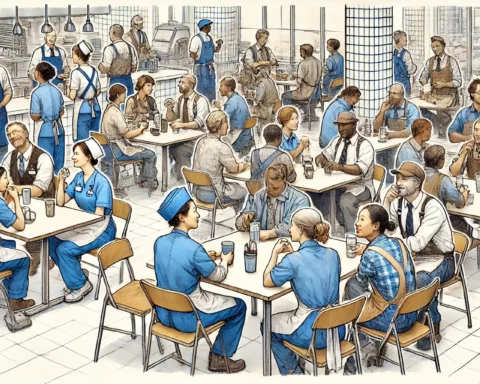Editor’s Note: The following article is derived from officially released information, published with few or no editorial changes. The Greylock Glass occasionally provides our readers with such content if the information is factual in nature, and requires little to no interpretation or analysis, often when original reportage would not provide additional relevant information.
BOSTON — With a dramatic rescue operation at an Ohio fur factory farm in the news, State Sen. Cindy Creem and State Rep. Jack Patrick Lewis have introduced legislation to end the sale of new products from animals confined in fur factory farms. The companion bills, SD.712 and HD.2107, would eliminate the market for cruel fur products in Massachusetts, the nation’s third largest fur-selling state behind New York and Texas according to 2017 U.S. Census data.
The legislation comes just as the Humane Society of the United States and Ohio authorities have completed a rescue operation of hundreds of animals from a fur factory farm near Cleveland, Ohio. County officials requested the HSUS’s assistance after the owner of Grand River Fur Exchange died in late December 2024, recognizing an already-dire animal welfare crisis on the property.
Foxes, raccoons, wolf-dog hybrids, skunks, opossums and coyotes were living in filthy wire-bottom cages, many with severe injuries or missing limbs, with little to no protection from the frigid conditions. Many were emaciated and severely dehydrated, and several animals were found deceased and covered in snow. Some of the animals were humanely euthanized during the course of the rescue operation. Ultimately, more than 330 animals were placed with licensed wildlife rehabbers and accredited sanctuaries around the country. On Jan. 25, the rescue operation concluded when the last groups of animals were removed from the property.
“The conditions exposed at this fur farm are nothing short of appalling,” said Rep. Lewis. “Massachusetts has the opportunity to lead on the humane treatment of animals by banning the sale of farmed fur, ensuring we don’t contribute to an industry that subjects animals to such outrageous suffering.”
“No animal should ever endure the kind of suffering exposed at this facility. By passing a ban on the sale of products born from such inhumane practices, Massachusetts can send a clear message that this cruelty has no place in our state or in our values,” said Sen. Creem.
Animals in the fur trade suffer immensely in confinement and are typically killed by gassing, anal electrocution or clubbing, which result in slow, painful deaths but are commonly used on fur farms to avoid causing damage to the pelt Responders found electrocution tools on the Ohio property, whose owner sold pelts to Fur Harvesters Auction, the last remaining fur auction house in North America. Pelts sold at Fur Harvesters Auction are exported globally and used for home decor and fashion products, such as fur-pom hats and trim on gloves or shoes.
While the majority of fur farming occurs overseas, primarily in China, there are some remaining fur factory farms in the U.S., often operating under the radar due to lack of state or federal oversight s. Animals confined are these facilities are not raised for food consumption, which means that there are no federal regulations and few state regulations governing their welfare, care or slaughter. Inspections, veterinary care, and testing for diseases such as COVID-19 or avian influenza are not required, and some states do not even require a permit to operate.
Investigations worldwide show that suffering at such facilities is the norm—these animals live in filth and neglect, and they die by some of the most crude and callous methods imaginable.
“This rescue operation underscores what we’ve long known: animals confined on fur farms endure immense cruelty and neglect that is essentially hidden from public view,” said Preyel Patel, Massachusetts State Director of the HSUS. “Animals like foxes and raccoons are denied everything natural to them and ultimately killed for products that no one needs. Massachusetts can and should cut its ties with this inhumane industry by banning the sale of farmed fur products and taking a stand against animal suffering of a shocking nature.”
Several Massachusetts communities have taken the lead by passing local ordinances restricting fur sales, including Wellesley, Weston, Brookline, Plymouth, Cambridge, Lexington, Attleboro, and Arlington.
SD.712 and HD.2107 would prohibit only the sale of new fur products from animals raised for their fur and turned into needless fashion items and home decor. This exempts a wide range of products from the legislation’s scope, including used fur products and fur products made from hunted or trapped fur. Nor does the measure apply to leather or other animal hair products made from commonly raised domestic animals, like wool, mohair or cowhide. Moreover, the legislation exempts fur products used for religious purposes as well as loose hair products like fishing lures and paint brushes.

